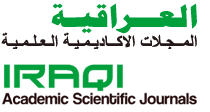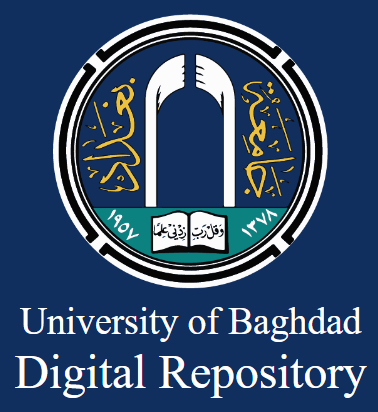The Arabic Calligraphy Effectiveness and Implications in Industrial Products Design
صلاح نوري محمود
DOI:
https://doi.org/10.35560/jcofarts92/229-242Keywords:
Arabic Calligraphy --- Industrial ProductsAbstract
Arabic calligraphy has a special status as one of the most important oriental arts, which has been enhanced by the Islamic value. The Arabic fonts have been diverse in their classification into soft lines such as Diwani, thuluth and patch lines and others, and geometrical lines such as Kufic lines and their various types. The contemporary artist was also able to adapt the Arabic calligraphy of all kinds in the construction of the painting or line formations, especially after the development of the artistic digital techniques and computer software. Here comes the role of the industrial designer as being more in touch with the practical, technical and productive life, which requires great care in adapting the line formations of the Arabic letters in the contemporary industrial production design. Throughout what has been mentioned, the present research highlights those attempts and experiments made by the industrial designer in his dealings with the Arabic line formations. The research consists of the methodological framework where the researcher identified the problem of research in asking the following question: Does the Arabic line design have a function reflected in the contemporary industrial product? The objective of the research was to identify the effectiveness of employing Arabic calligraphy formulations and their implications in the design of industrial products. The limits of research were the industrial products, which include the Arabic line formations produced between the years 2017 and 2018. The theoretical framework divided the chapter into two sections. The first is to study the aesthetics of the Arabic calligraphy formation in the design of the industrial product, while the second section included the study of the problems of Arabic calligraphy in the employment of the industrial product. The most important theoretical framework indicators have been listed in addition to the research procedures, the analysis of the models, which were (3) intentionally selected models, as well as the most important results, including:The heritage and historical presence in the inspiration of the heritage vocabulary, especially the letter formations of soft Arabic lines, which cannot be easily controlled and adapted because they are governed by strict rules as they represent Islamic and Arab specificity as part of the Arab-Islamic heritage













